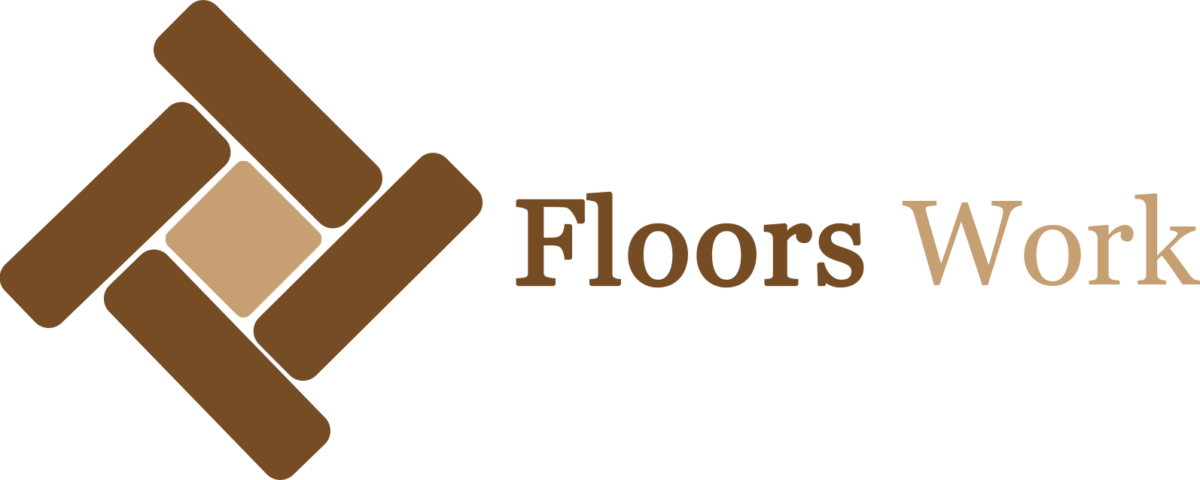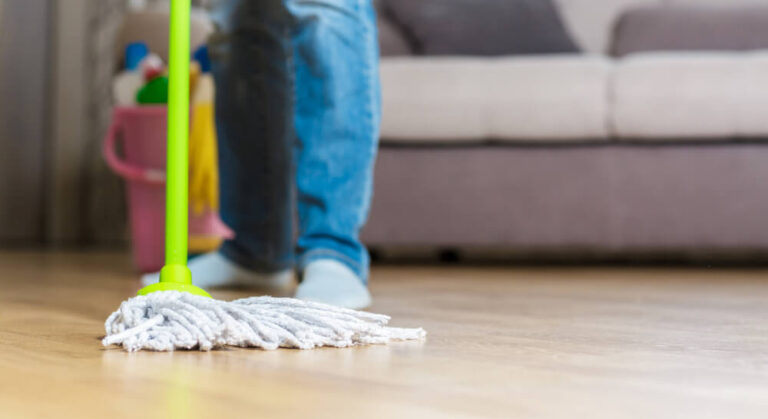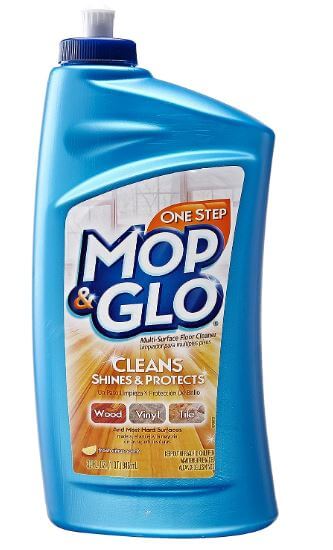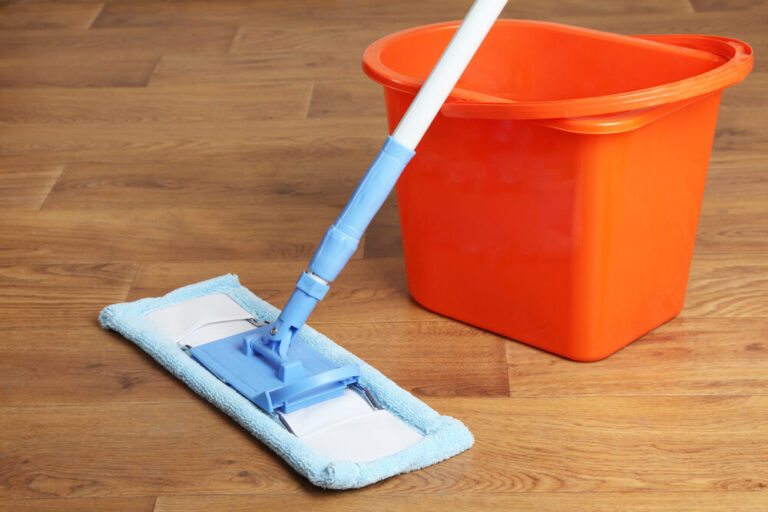Vinegar, a natural cleaning powerhouse, often finds its way into many homemade cleaning solutions. But when it comes to hardwood floors, the question arises: “Can you mop hardwood floors with vinegar?”, or “Is it a recipe for disaster?”
Yes, you can mop hardwood floors with vinegar, but it should be diluted with water (1:10 ratio) to prevent damage. Test in an inconspicuous area first. Use a damp mop and dry thoroughly afterward. Limit use to avoid stripping the floor’s finish.
The use of vinegar for hardwood floor cleaning is not as simple as a yes or no. While vinegar boasts some cleaning benefits, its acidic nature risks the delicate finishes of hardwood floors. Being hardwood flooring experts, we will guide you on the right amount and use of vinegar Let’s delve deeper into it:
Pros of Using Vinegar On Hardwood Floors
Natural and eco-friendly
Vinegar, typically white distilled vinegar, is a natural cleaning agent that is non-toxic and biodegradable. It’s a preferable option for those who prefer environmentally-friendly cleaning solutions.
Cost-effective
Vinegar is inexpensive and readily available in most households, making it a cost-effective alternative to commercial cleaners.
Effective against certain stains
Vinegar’s acidic properties make it effective for cutting through grease, grime, and some types of stains on hardwood floors.
Odor neutralizer
Vinegar can help neutralize unpleasant odors, leaving behind a fresh scent after cleaning.
Cons of Using Vinegar On Hardwood Floors
Acidic nature
While vinegar’s acidity can be advantageous for cutting through dirt, it can also be detrimental to hardwood floors. Prolonged exposure to vinegar can erode the finish of the floor, leading to dullness or damage.
Not suitable for all stains
Vinegar may not be effective against certain types of stains, such as pet urine or ink stains, which may require specialized cleaning solutions.
Strong odor
While vinegar can neutralize odors, its strong smell may be unpleasant for some individuals. However, the odor dissipates as the vinegar dries.
Dulls The Finish
Using vinegar too frequently or in high concentrations can strip away the protective finish of hardwood floors, making them more susceptible to damage.
Also Read: hardwood floor sealers
Can You Mop Hardwood Floors With Vinegar?
The use of vinegar depends on the type of hardwood floor you have and your preferred cleaning approach. Following are the steps you should follow for hardwood floor cleaning:
Dilute vinegar
To minimize the risk of damage, always dilute vinegar with water before using it to clean hardwood floors. A common ratio is one part vinegar to ten parts water. This works as DIY floor cleaner.
Test in an inconspicuous area
Before mopping the entire floor, test the vinegar solution in a small, inconspicuous area to ensure it doesn’t cause any adverse effects.
Use a damp mop
Avoid saturating the hardwood floor with the vinegar solution. Instead, use a damp mop to lightly clean the surface.
Dry thoroughly
After mopping, ensure the floor is thoroughly dried to prevent moisture from seeping into the wood and causing damage.
Limit frequency
Use vinegar as a cleaning solution sparingly, and avoid using it too frequently to prevent long-term damage to the hardwood floors.
FAQs
Is It Safe To Use Vinegar To Clean Hardwood Floors?
Yes, vinegar can be safe for hardwood floors if properly diluted (1 part vinegar to 10 parts water) and used sparingly. Test in an inconspicuous area first to ensure compatibility.
Do You Have To Rinse Floors After Mopping With Vinegar?
Yes, it’s advisable to rinse hardwood floors after mopping with vinegar to remove any residue and prevent potential damage to the floor’s finish.
How Do You Deep Clean Hardwood Floors?
Deep clean hardwood floors by first sweeping or vacuuming to remove debris, then mopping with a solution of water and mild detergent. Avoid excessive moisture and dry thoroughly.
How Do You Clean And Shine Hardwood Floors?
Clean and shine hardwood floors by regularly sweeping or vacuuming to remove dirt and dust, then mopping with a solution of water and vinegar (diluted) to gently clean and restore shine.
Why Is My Floor Sticky After Mopping With Vinegar?
If your floor is sticky after mopping with vinegar, it may be due to using too much vinegar or not properly diluting it. Rinse the floor with clean water to remove residue and dry thoroughly.
Can I Mop With Straight Vinegar?
Mopping with straight vinegar is not recommended for hardwood floors as it can be too acidic and may damage the finish or wood over time. Always dilute vinegar with water before use.
How Much Vinegar Do I Use To Clean Hardwood Floors?
Use a diluted vinegar solution (1 part vinegar to 10 parts water) to clean hardwood floors. Adjust the ratio as needed, but avoid using undiluted vinegar to prevent potential damage.
Is Diluted Vinegar Safe For Hardwood Floors?
Yes, properly diluted vinegar is generally safe for hardwood floors. However, it’s important to test in an inconspicuous area first and avoid excessive use to prevent damage to the floor’s finish.
Can You Mop Hardwood Floors With Vinegar And Dawn?
While some people mix vinegar with Dawn dish soap for mopping, it’s important to be cautious. Dawn can be harsh and may strip the floor’s finish if not properly diluted. Test in a small area and rinse thoroughly to ensure compatibility with your hardwood floors.
Conclusion
While vinegar can be an effective and natural cleaning solution for hardwood floors, it’s essential to use it cautiously and in moderation. Diluting vinegar, testing in inconspicuous areas, and following best practices can help minimize the risk of damage and preserve the beauty of hardwood floors for years to come. Ultimately, maintaining hardwood floors requires a delicate balance of effective cleaning methods and gentle care to ensure they retain their timeless appeal.






